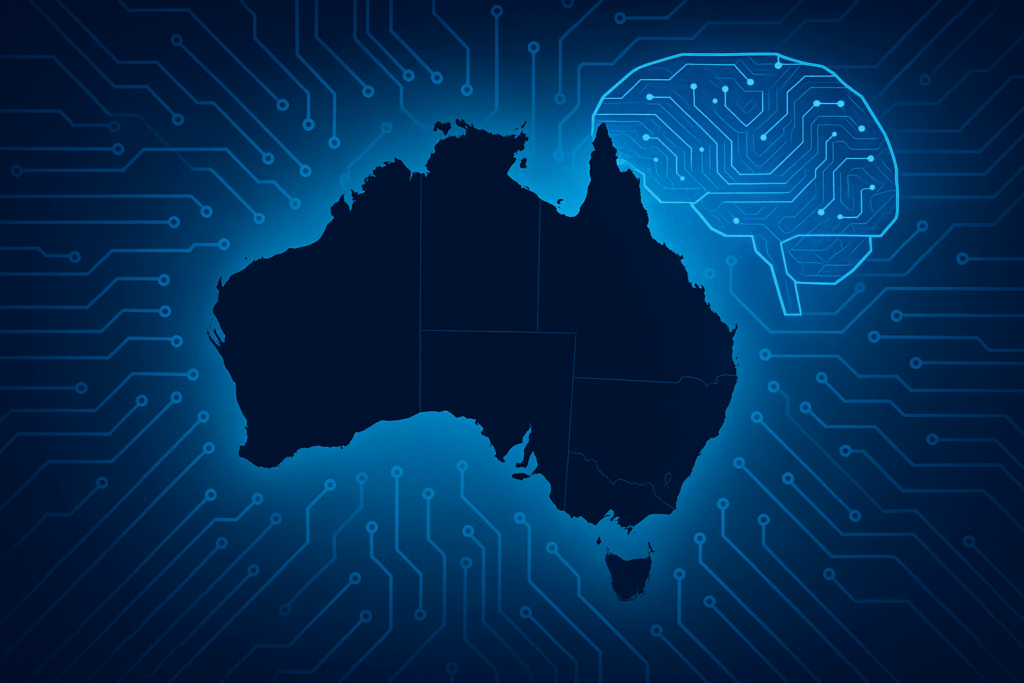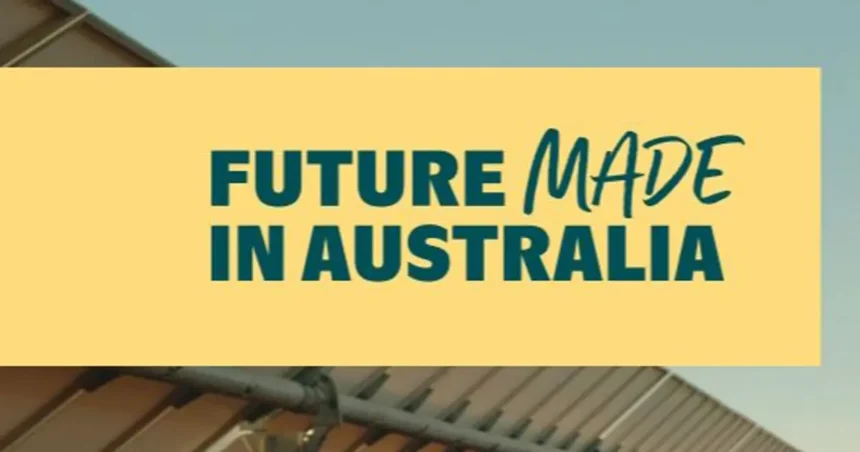Australia’s new Industry and Science Minister, Tim Ayres, insists the nation must fully embrace artificial intelligence to avoid falling behind in the global technology race. Despite public skepticism about the impact of AI, the government aims to strike a balance between innovation and regulation. Australia plans to position itself as a leader in AI adoption and governance, ensuring that the technology enhances productivity and drives economic growth.
What’s Happening & Why This Matters
Minister Tim Ayres recently highlighted Australia’s urgent need to “lean in hard” on AI opportunities. He warns that without decisive action, Australia risks becoming dependent on foreign technology supply chains. This stance follows a transition in the Labor government’s approach, now prioritizing strategic AI regulation alongside innovation.
Ayres, promoted to the cabinet in 2025, oversees the government’s flagship “Future Made In Australia” initiative. This plan integrates policies on manufacturing, energy transition, research, and business development. AI policy is among his key challenges, building on frameworks set by his predecessor, including discussions about a standalone AI Act.
He stresses that the government’s approach will involve legislation and regulation informed by international examples and rapid AI advancements. Ayres said, “There is no alternative to Australia leaning in. That’s how we shape our digital future and maintain agency in technological development.”

While acknowledging widespread Australian skepticism toward AI, Ayres emphasizes the potential for AI to enhance jobs and productivity across sectors. His experience in the manufacturing union demonstrates that resisting technological change could isolate Australia economically and technologically.
Ayres encourages workplace-level conversations about AI adoption, noting Australia’s strong industrial relations framework that supports meaningful engagement between employers and employees. This pragmatic approach seeks to ensure AI complements rather than disrupts employment.
The Business Council of Australia recently released a report urging the country to lead globally in AI innovation, highlighting its promise to raise productivity and living standards. Conversely, the Australian Council of Trade Unions warns that one in three workers faces job risks from AI’s introduction.
Ayres reminds readers that technological changes have historically reformed labor markets, but new technology also generates fresh opportunities. “The negative job impacts are outweighed by new investments and technologies,” he explained.
Beyond AI, Ayres plans to accelerate manufacturing, critical mineral extraction, and steel production, all of which are aligned with the renewable energy transition. He pointed to regions like Central Queensland, the Hunter, and La Trobe as key industrial hubs where energy advantages and manufacturing intersect.
TF Summary: What’s Next
Australia commits to actively participating in the global AI race by combining innovation with strong regulation. Minister Tim Ayres outlines a balanced strategy that promotes productivity while addressing workforce concerns through engagement and consultation.
The government’s Future Made In Australia agenda will integrate AI policy with manufacturing growth and energy transitions to build national industrial strength. Australia’s ability to modify its AI future depends on swift, strategic action to remain competitive on the world stage.
— Text-to-Speech (TTS) provided by gspeech


